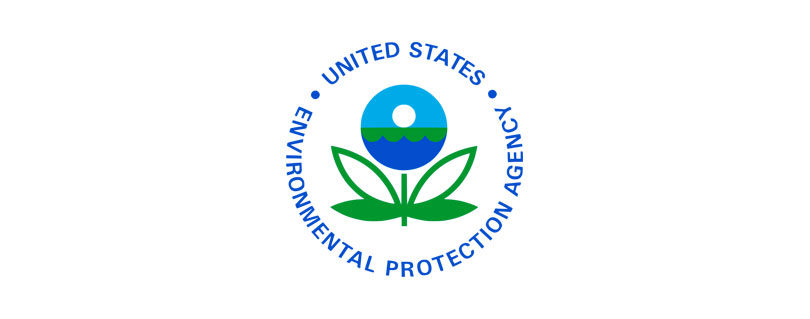EPA Begins Sediment Impacts Investigation in Grand Calumet River Area of Concern in Gary, Indiana
Publilshed by the U.S. Environmental Protection Agency (EPA)
CHICAGO (May 30, 2024) – Next week, U.S. Environmental Protection Agency will begin investigating sediment impacts in the Grand Calumet River Area of Concern in Gary, Indiana. EPA is investing more than $3 million in Bipartisan Infrastructure Law funding for the project in a cost-sharing partnership with United States Steel Corp.
EPA and U.S. Steel will sample sediment and water from the Marquette Park Lagoons, Grand Calumet River channel and nearby wetlands. Sampling is expected to continue until early July and will help define the nature and extent of sediment impacts in the “Eastern 5 Miles” of the Grand Calumet River.
The Eastern 5 Miles of the Grand Calumet River flows adjacent to the 4,000-acre U.S. Steel Gary Works facility and has been subject to historical industrial and municipal discharges. In 1998, EPA began supervising a cleanup under the Resource Conservation and Recovery Act to address pollutants including heavy metals, polyaromatic hydrocarbons, or PAHs, and polychlorinated biphenyls, or PCBs which may impair beneficial uses of the water. U. S. Steel completed sediment dredging of the Eastern 5 Miles in the early 2000s.
Once sampling is completed, EPA will make cleanup decisions aimed at restoring beneficial uses and the ecosystem’s health to support delisting of the Grand Calumet River as an Area of Concern.
This project will help to address the following Area of Concern impairments:
- Restrictions on fish and wildlife consumption
- Degradation of fish and wildlife populations
- Fish tumors or other deformities
- Bird or animal deformities or reproduction problems
- Degradation of benthos (organisms living at the bottom of bodies of water)
- Loss of fish and wildlife habitat
In February 2022, President Biden and EPA Administrator Regan announced a $1 billion investment from President Biden’s Bipartisan Infrastructure Law to significantly accelerate cleanup and restoration of the Great Lakes. EPA projected that the Bipartisan Infrastructure Law funding, combined with funds from annual Great Lakes Restoration Initiative appropriations and funding from other sources will enable the agency and its partners to complete cleanups at 22 of the 25 remaining AOCs. Bipartisan Infrastructure Law funding is directed at 11 of the 22 sites, including the Grand Calumet River AOC.
For more information on the Grand Calumet River AOC, please visit EPA’s website.
Read the full article at: https://www.epa.gov/newsreleases/epa-begins-sediment-impacts-investigation-grand-calumet-river-area-concern-gary



